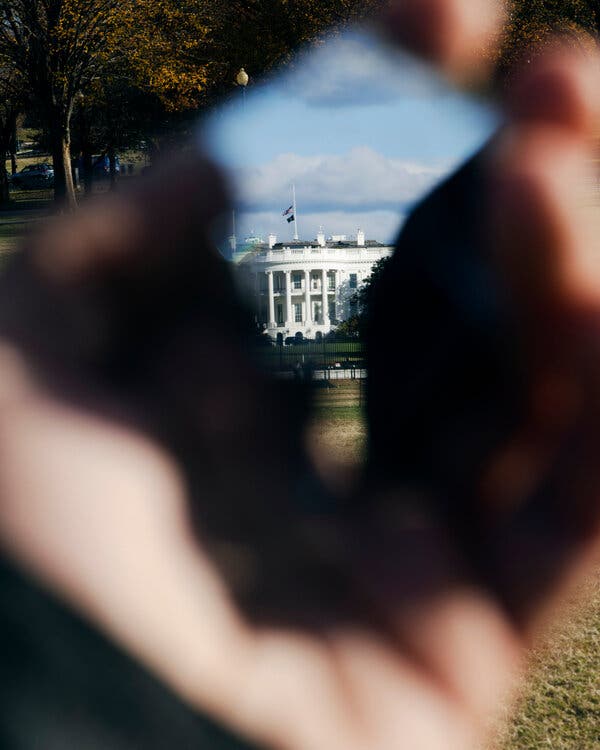Recent disclosures regarding the Jeffrey Epstein scandal have intensified political tensions in the United States, drawing attention to connections between Epstein and prominent figures, including former President Donald Trump. This week, Democrats released several redacted emails featuring Trump’s name, while Republicans countered by unveiling thousands of additional documents related to Epstein. These developments signal a deepening investigation into the ties between Epstein and various elites, raising critical questions about accountability and transparency.
The emails released by the Democratic Party included a note from Epstein to Ghislaine Maxwell dated 2011, shortly after his prison release. In this communication, Epstein alluded to an unnamed individual who had allegedly spent time with a victim at his residence. He suggested that this person had not been mentioned in connection with the ongoing investigations. The redacted name turned out to be that of Virginia Giuffre, a well-known victim of Epstein who had previously denied any sexual encounter with Trump. Despite her denials, the situation remains complex, as skepticism about the reliability of her statements persists.
The email’s contents sparked intrigue, as some interpreted it as a potential link between Trump and Epstein’s illicit activities. Critics have pointed out that Epstein’s correspondence may not provide conclusive evidence of Trump’s involvement in any wrongdoing. Instead, it raises further questions about Epstein’s motives and the nature of his relationships with powerful individuals.
Alongside these revelations, a later email from Epstein, written shortly before his arrest in 2019, provided insights into his mindset. In this message, Epstein described his activities and emphasized that Trump had visited his residence multiple times during that period. He stated that Trump “never got a massage,” which suggests that while Epstein had connections to various influential figures, the nature of those connections remains murky.
The unfolding narrative also touches on Epstein’s connections to intelligence operations. While some evidence suggests that Epstein may have assisted Israeli intelligence on various projects, there is no definitive proof indicating he was engaged in a sex-and-blackmail scheme on behalf of any state actors. This ambiguity continues to fuel speculation about the extent of Epstein’s influence and the potential implications for those within his social circle.
A critical question remains: why is Trump resistant to further disclosures regarding Epstein? There are several potential explanations. It could be a matter of personal embarrassment, as the revelations could remind the public of his ties to Epstein’s controversial network. Alternatively, there might be sensitive information linked to Epstein that could implicate Trump or his associates in more serious matters.
As the political landscape continues to shift, both parties appear to be leveraging the Epstein scandal for their own agendas. The ongoing releases of emails and documents may eventually lead to a clearer understanding of the connections between Epstein and some of America’s most powerful figures, but for now, many questions linger without definitive answers.
The Epstein saga underscores broader issues about accountability and the ethical responsibilities of those in positions of power. As new information emerges, public interest remains high regarding who knew what and when, and what actions may be taken in response to these troubling revelations.






